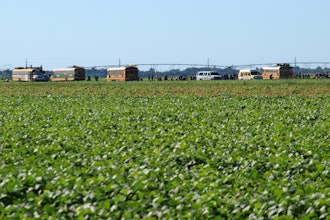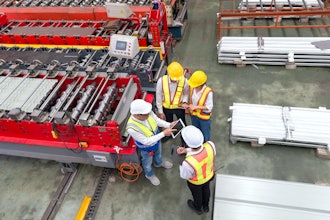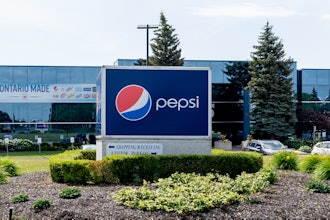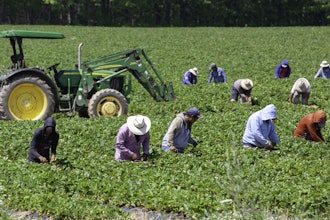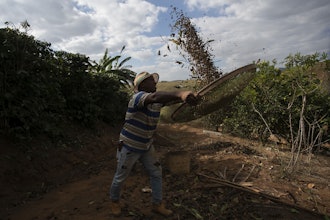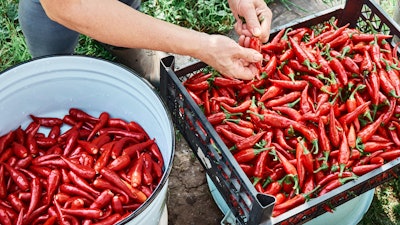
WASHINGTON – The U.S. Department of Labor has awarded a $7 million cooperative agreement to increase worker protections to reduce child labor, forced labor and other forms of labor exploitation in the chile pepper and tomato sectors operating in the Mexican states of Baja California, Baja California Sur, Chihuahua, Guerrero and Oaxaca.
Administered by the department’s Bureau of International Labor Affairs, the agreement will enable World Vision Inc. – an international non-profit organization – to work closely with government and civil society organizations to increase the ability of agricultural workers and their families to exercise their labor rights. In addition to focusing on child and forced labor in the chile pepper and tomato sectors, the project seeks to improve working conditions, empower workers and increase the economic resiliency of vulnerable households.
Mexico exports more than $3 billion worth of chile peppers and tomatoes to the U.S each year. The agricultural industry in Baja California, Baja California Sur and Chihuahua employs more than 145,000 people – 30,000 women among them.
Many of these workers are indigenous people with few economic opportunities near home and they are forced to migrate to agricultural hubs to survive and may face exploitation when they do. Employment abuses can include low pay, withholding of wages, harsh treatment and forced debt through purchase of overpriced goods at labor camp stores. Workers’ children may deal with a lack of schools and childcare and face difficult living conditions. To help their families, children must often work long hours in the fields, using sharp tools, handling pesticides and carrying heavy loads amid extreme and dangerous temperatures.
The cooperative agreement aligns with the Biden-Harris administration’s support of Mexican labor law reform and the U.S.-Mexico-Canada Agreement.
With more than 39 years of experience implementing child-centered programming in Mexico, World Vision Inc. partners with civil society, governments and the private sector to address child labor, forced labor and unacceptable working conditions, as well as to increase access to education in agricultural areas of Mexico.










